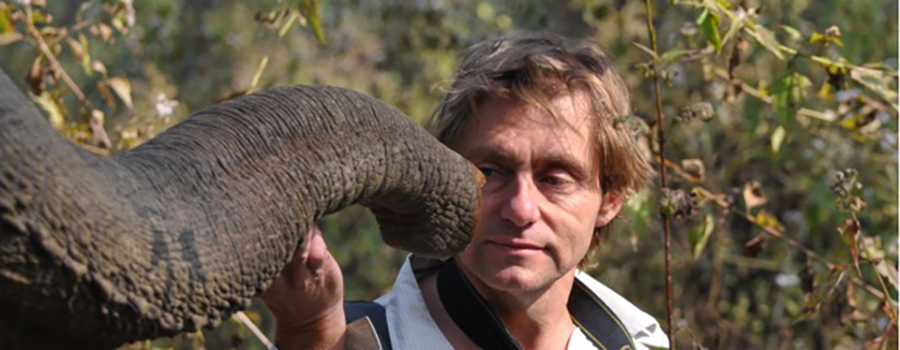Nutritional ecology and human health
Speakers
Event series
Content navigation
Description

Modern technological sophistication has enabled us to delve deep into molecular and physiological mechanisms, but the ultimate causes of diet-related outcomes (growth, health, disease etc.) are best understood from an ecological and evolutionary perspective. For example, learning how human behaviour and physiology are adapted to the environment in which they evolved helps to understand how in modern environments they lead to maladaptive outcomes such as energy over-consumption and associated disease. This nutritional ecology approach benefits, in turn, from taking an even longer-range view, comparing humans with other species. In this seminar I will show how a research program that began with lab experiments on insects progressed to studies of primates in the wild and is now providing a new understanding of the causes of the human obesity epidemic.
Location
Eucalyptus Seminar Room (S2.05), Level 2, RN Robertson Building (46), ANU
